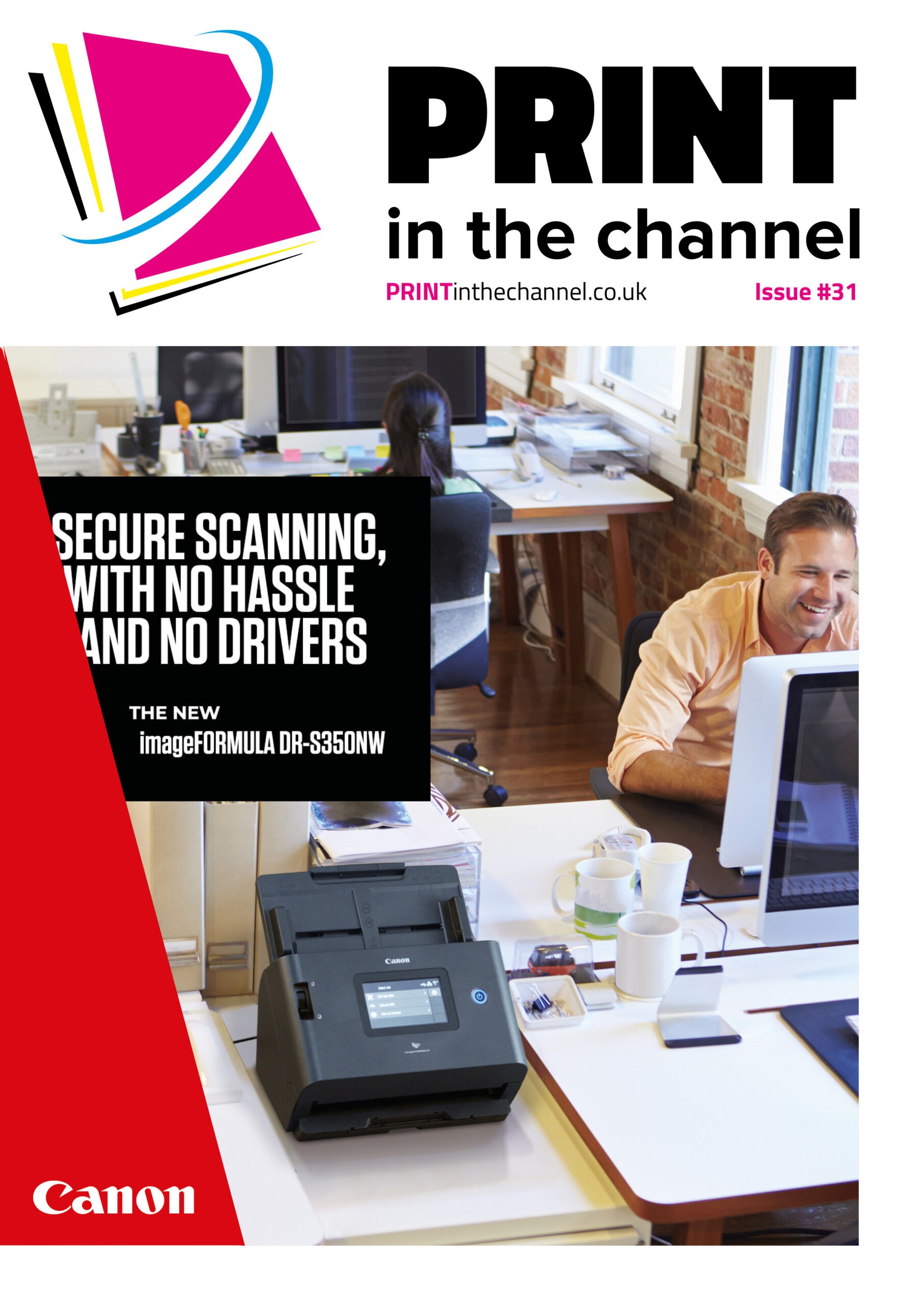The legal sector relies on paper for its daily operations more than many other professions, which mean printing is a crucial aspect. With many under financial pressure, there is a focus from law firms on getting value for money. This means managed print services can be crucial.
For UK law firms, these are good times. Total revenue from legal activities in the UK increased to £41.4 billion, according to figures from TheCityUK, and is set to have grown again in 2022. The UK is the largest legal services market in Europe and second only to the US globally.
With so much legal activity in the UK – from commercial property to divorces – it is inevitable that a lot of paperwork is generated. While like every sector there are attempts to cut down on this among law firms, many still rely on physical copies of documents, which means that managed print services (MPS) is crucial for them.
“Engaging with a MPS partner can provide the software, documents and devices needed to work productively in the office, at home, or on the move,” says Rowan Jeffreys-Hoar, director of indirect sales at Ricoh UK. “These groups are looking to invest in a MPS, which brings together their digital strategy and physical processes with efficiency and precision, as they deal with pressing and sensitive matters daily.
“Looking at the latest MFPs, for example, these act as a cornerstone in a smooth-running law firm, turning tedious tasks and paper trails into efficient digital processes. They cut down on waste and take less energy to complete, especially if they were designed with a 360° approach to sustainability.”
Support and security
Rowan adds that isn’t just about providing software and equipment, law firms also need ongoing support. “As a client-focused sector, they need on-the-ground support, which means employees need the right tools to provide quality client service,” he says. “With employees and customers accessing and sharing sensitive data from many points, they also prioritise security, and a solid MPS should have this embedded throughout. Law firms are looking for agility and efficiency so employees can spend their time on the nuances of their cases, rather than handling documents.
“We are all aware at this point that every single connected device on an organisation’s network is a potential opportunity for cyberattacks and malicious activity. For legal firms, these points of entry are numerous. Not only do you have clients and employees sharing sensitive personal and financial information, but you also have several locations such as the office, the home and the courts to take into consideration.
“This means there is a litany of entry points for hackers to access sensitive and private information. This is exactly where a MPS can act as an incredible asset for legal firms, as security is embedded in the foundation of how documents are processed, printed and shared.
“As we know though, cybersecurity is only one small aspect of a business’s security process. MPS can lock down printers and ensure printer and data encryption, this means there is a physical process and protection in place to safeguard documents.”
Offer more than just MPS
Claire Lippett, transition sales at Kyocera, adds that MPS providers need to offer customers an ongoing strategy to move beyond MPS alone, by developing solutions and services for the digital and hybrid workplace. “Therefore, forward-thinking MPS providers are now playing a central role in providing digitisation and transformational services to meet the needs of the changing landscape,” she says.
“The demand for MPS within the legal sector will always remain high. However, there is a need to offer more environmentally friendly products and services, while providing dynamic and secure digitisation of back-office processes. For example, in December 2022, Kyocera Document Solutions UK demonstrated its commitment to net zero status, with the launch of two ‘green printing’ offers and became the first UK vendor to offer every print device carbon neutral.”
For resellers looking to sell MPS into law firms, establishing a good working relationship is crucial, Claire says. “Once this is established, this sector is open to the document solutions and security features that enable them to address the challenges the sector faces and focus on their core business.
“Any MPS provider must look at the challenges each law firm is facing on a case-by-case basis. Therefore, document security and how they move, store and share documents throughout the business is key issue. Providing document management and workflow systems with high end security is paramount for this sector.”
Continuing demand
MPS will continue to be crucial for the legal sector for the foreseeable future at least. While law firms are gradually digitising, it is taking some time. Only 13% of legal SMEs are planning to migrate more services to the cloud in the next 12 months, according to a survey of 5,770 professionals within SMEs including decision makers and those responsible for purchasing IT services across Europe, commissioned by Sharp.
“The legal industry has typically been one of the most paper-heavy in the world, with common daily tasks including scanning, archiving and digitising information,” notes Rowan.
“As such, it is unlikely the sector will be going paperless anytime soon, but there has been a definite shift to increasing the ease with which a hybrid (digital and physical) process can be adopted, particularly when it comes to the client service side. Employees will need original copies, but customers are unlikely to want to wait for postal copies and documents when they can be shared via email instantly. Legal teams need to find the balance that suits them.”









